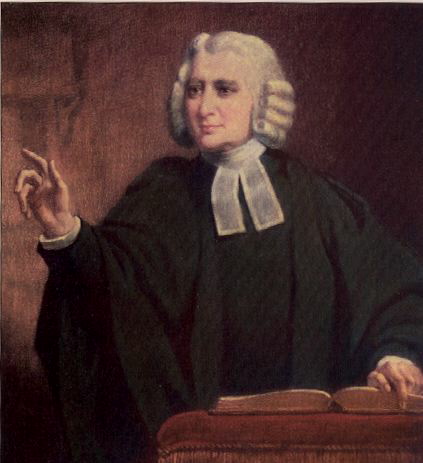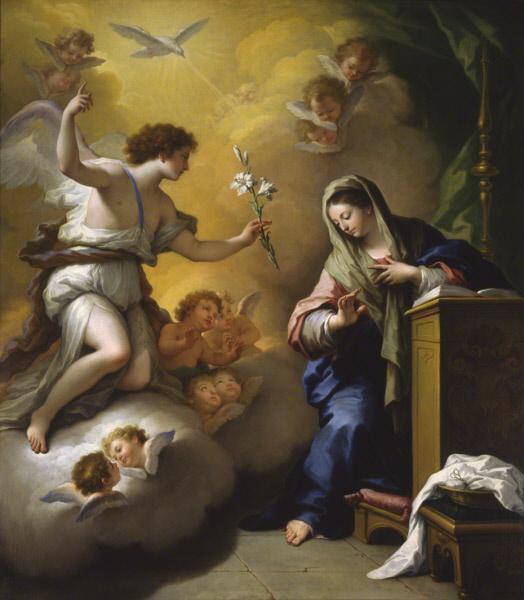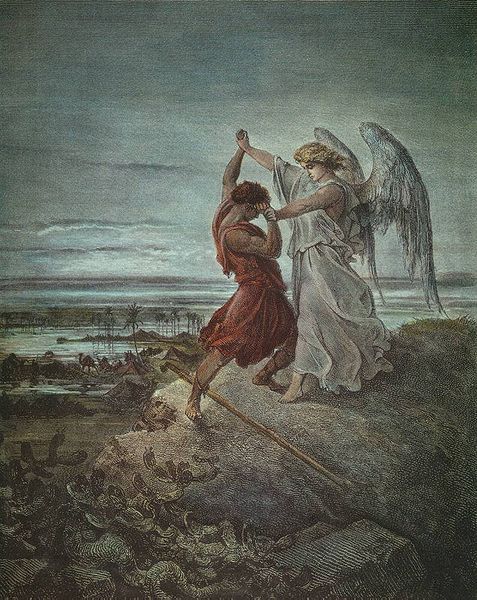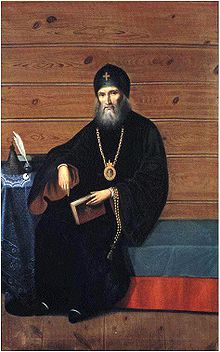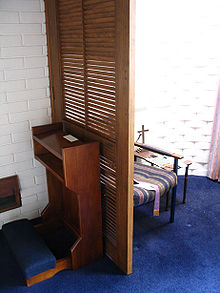Charles Wesley preaching.
Psalm 42 is a psalm to which I often return. It speaks to me (or more accurately for me). Certainly it struck me as a fair reflection of my feelings whilst on retreat at the beginning of Lent.
"My tears have been my meat day and night
while they daily say unto me, Where is now thy God?
while they daily say unto me, Where is now thy God?
Now when I think thereupon, I pour out my heart by myself
for I went with the multitude, and brought them forth into the house of God;
for I went with the multitude, and brought them forth into the house of God;
In the voice of praise and thanksgiving
among such as keep holy-day.
among such as keep holy-day.
Why art thou so full of heaviness, O my soul
and why art thou so disquieted within me?
and why art thou so disquieted within me?
Put thy trust in God
for I will yet give him thanks for the help of his countenance."
for I will yet give him thanks for the help of his countenance."
Ps 42:3-7
I still have a huge "difficulty" in truly believing and accepting that God is actually willing and able to do things for me because I am, in God's view "worth it". To me, it's all still about hauling myself up and doing the work myself. I can preach grace and administer grace but I struggle to accept grace. Which is why this hymn by Charles Wesley matters to me.
And can it be, that I should gain
An interest in the Saviour's blood?
Died He for me, who caused His pain
For me, who Him to death pursued?
Amazing love! how can it be
That Thou, my God, shoulds't die for me?
'Tis mystery all! The Immortal dies:
Who can explore His strange design?
In vain the first-born seraph tries
To sound the depths of love divine.
'Tis mercy all! let earth adore,
Let angel minds inquire no more.
He left His Father's throne above,
So free, so infinite His grace,
Emptied Himself of all but love,
And bled for Adam's helpless race:
'Tis mercy all, immense and free;
For, O my God, it found out me!
Long my imprisoned spirit lay
Fast bound in sin and nature's night;
Thine eye diffused a quickening ray,
I woke, the dungeon flamed with light;
My chains fell off, my heart was free,
I rose, went forth and followed Thee.
No condemnation now I dread;
Jesus, and all in Him, is mine!
Alive in Him, my living Head,
And clothed in righteousness divine,
Bold I approach the eternal throne,
And claim the crown, through Christ my own.
An interest in the Saviour's blood?
Died He for me, who caused His pain
For me, who Him to death pursued?
Amazing love! how can it be
That Thou, my God, shoulds't die for me?
'Tis mystery all! The Immortal dies:
Who can explore His strange design?
In vain the first-born seraph tries
To sound the depths of love divine.
'Tis mercy all! let earth adore,
Let angel minds inquire no more.
He left His Father's throne above,
So free, so infinite His grace,
Emptied Himself of all but love,
And bled for Adam's helpless race:
'Tis mercy all, immense and free;
For, O my God, it found out me!
Long my imprisoned spirit lay
Fast bound in sin and nature's night;
Thine eye diffused a quickening ray,
I woke, the dungeon flamed with light;
My chains fell off, my heart was free,
I rose, went forth and followed Thee.
No condemnation now I dread;
Jesus, and all in Him, is mine!
Alive in Him, my living Head,
And clothed in righteousness divine,
Bold I approach the eternal throne,
And claim the crown, through Christ my own.
Imprisoned Spirit? Yep, got one. Bound in nature's night - oh yes, my inner fear and frailty assures that. But through the grace of God prayer and sacrament I get just enough experience of being set free to move on a bit. Like alcohol, the darkness can jump out and tempt me from time to time and a sense of despair can kick in. And grace can boot it into touch for a bit. Maybe I just need to seek grace more often. Then again, don't we all? Maybe this Holy Week I'll try to see the grace on offer and not just the gloom.
